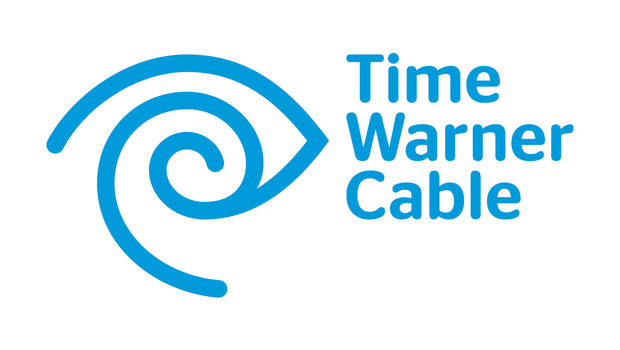Topic: Media Research Center
 In a Nov. 21 post, the Media Research Center's Kyle Drennen complained that "all three network morning shows fretted over the Justice Department filing a lawsuit to block a planned merger between telecommunications giants AT&T and Time Warner Cable. Hosts and correspondents warned of 'politics' being 'at play' in the decision and touted how critics were “raising concerns about the motive behind the government’s legal challenge.'" In attacking people on NBC for raising questions about how the Justice Department wants to block the merger, Drennen added:
In a Nov. 21 post, the Media Research Center's Kyle Drennen complained that "all three network morning shows fretted over the Justice Department filing a lawsuit to block a planned merger between telecommunications giants AT&T and Time Warner Cable. Hosts and correspondents warned of 'politics' being 'at play' in the decision and touted how critics were “raising concerns about the motive behind the government’s legal challenge.'" In attacking people on NBC for raising questions about how the Justice Department wants to block the merger, Drennen added:
The NBC journalists conveniently failed to mention that the last company that attempted to purchase Time Warner Cable was their parent company, Comcast. In 2014, the news network actually pushed that proposed merger with several positive reports on the business plan. Ultimately the deal collapsed when the Obama Justice Department came out in opposition to it on the same antitrust grounds now being cited by the Trump administration.
Apparently everyone at NBC came down with a case of memory loss on Tuesday as they skipped over that important background information.
Drennen's problem here is that he doesn't know there's a difference between Time Warner -- the company that actually is trying to merge with AT&T -- and Time Warner Cable, which operated cable TV franchises and was not involved with CNN or other cable TV channels operated by Time Warner. Time Warner spun off Time Warner Cable in 2008, and was a completely separate company from Time Warner at the time Comcast attempted to buy it. Time Warner Cable was ultimately purchased in 2015 by Charter Communications, a cable provider smaller than Comcast so the same antitrust questions were raised.
As such, it doesn't exist anymore. But Drennen seems to think it still does.
Further, counter to Drennen's claim, the proposed Time Warner-AT&T merger raises none of the same antitrust concerns that the Time Warner Cable-Comcast merger proposal did. A Time Warner Cable-Comcast merger would have created a cable TV behemoth; by contrast, the merged Charter-Time Warner Cable (along with a third company that merged with Charter at the same time) is the same size as Comcast's current cable operations. By contrast, AT&T is mostly a landline and phone company that also owns satellite TV provider DirecTV, while Time Warner owns a movie studio and TV networks and productions (the titular magazine division was just sold).
In short, it's not that much different from the current Comcast, which merged with NBC Universal and now has movie and TV production and TV networks along with its cable offerings.
Nevertheless, Drennen insisted that the Trump Justice Department was engaging in "routine government oversight -- something the liberal media usually champion." Of course, a president hadn't regularly attacked and disparaged a component of the Comcast-NBC merger. Nor did we have the spectacle of the head of the Justice Department's antitrust division scramble to walk back an earlier claim that he saw no major antitrust problem with the merger, as we're seeing regarding the Time Warner-AT&T proposal.








